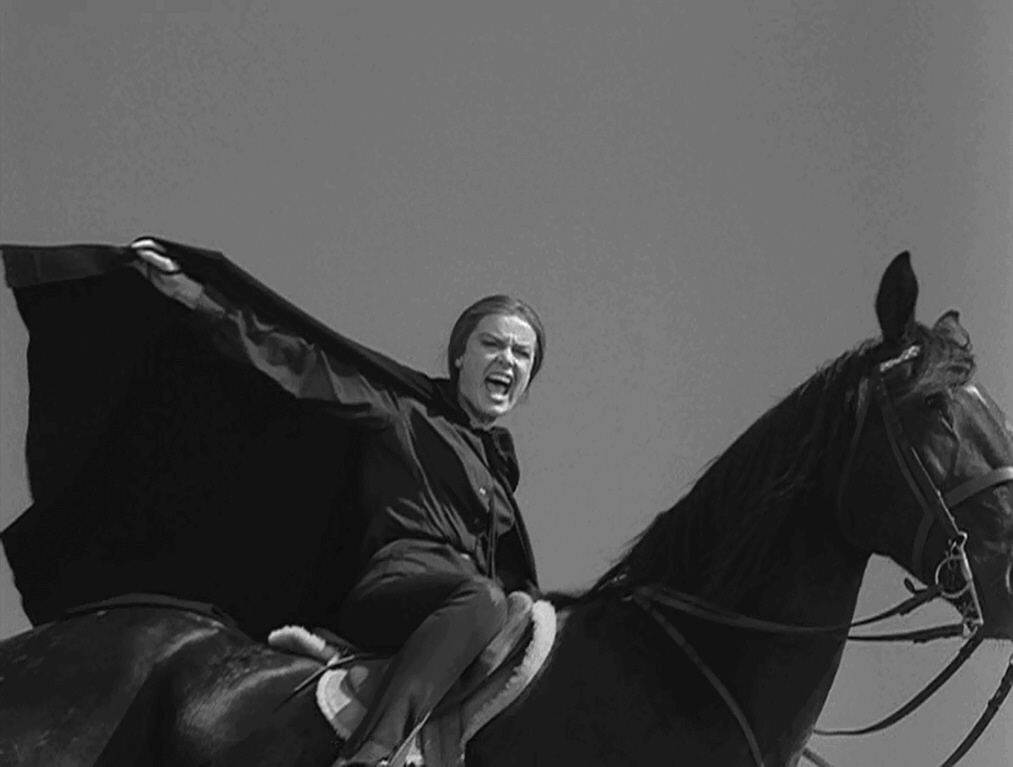The Twilight Zone Anthology (2009) is a collection of 19 short stories commissioned for the 50th anniversary of the original The Twilight Zone TV series. Each story is book-ended by a paragraph that simulates Serling’s introductory segments and closing narration from the show. You’ll have to imagine him standing there, head cocked at that familiar angle, cigarette burning away in his hand. The effect is perhaps not as successful in print format.
As expected with most collections the quality of the writing varies, though there are no real stinkers like in Poe’s Children, my most hated anthology of all time.
It opens with a bizarre story set during World War II where a soldier suffers delusions and/or tells stories to his compatriots as shells rings out around them. Making it even more bizarre is the rather inept formatting of the different segments, a sadly common occurrence in ebooks. One day publishers will realize that ebooks do in fact need to be handled differently when it comes to formatting. Anyway, I’m going to spoil the twist of “Genesis” in the spoiler text below:
[spoiler title=”Genesis spoiler”]It turns the protagonist is Serling himself, telling stories that will later form episodes of the series.[/spoiler] The twist is cute but the story is curiously bland and could have been excised from the collection.“A Haunted House of Her Own” is a nice modern ghost story variation with bonus revenge fantasy and twist included, though a few parts of the setup are a bit too convenient (almost inevitable, really).
“On the Road” is one of the standouts, where two hitchhikers from 1970 meet again through happenstance decades later. It’s a story that is sweet without being sentimental.
“Puowaina”, set in Hawaii prior to the attack on Pearl Harbor, is a vivid tale of premonition and inevitability.
Whitley Strieber’s “The Good Neighbor” is a nightmarish story of revenge by fire, with alien weirdness tossed in. Whether you believe he’s had contact with “visitors” or not, there’s clearly something fuelling his disturbing depictions on the subject.
Many of the other stories are perfunctory, inoffensive but not particularly memorable. “The Wrong Room”, for example, has a tragic twist that doesn’t resonate because the setup for it is simply too much to swallow, a neat concept that fails its own ambitions.
Overall this was a nice collection. I don’t mean “nice” in a dismissive way. Most of the stories are good and worth reading but I wasn’t compelled to immediately grab the follow-up to the anthology. I may eventually, because speculative fiction is not one of the better-served niches in short story format.
